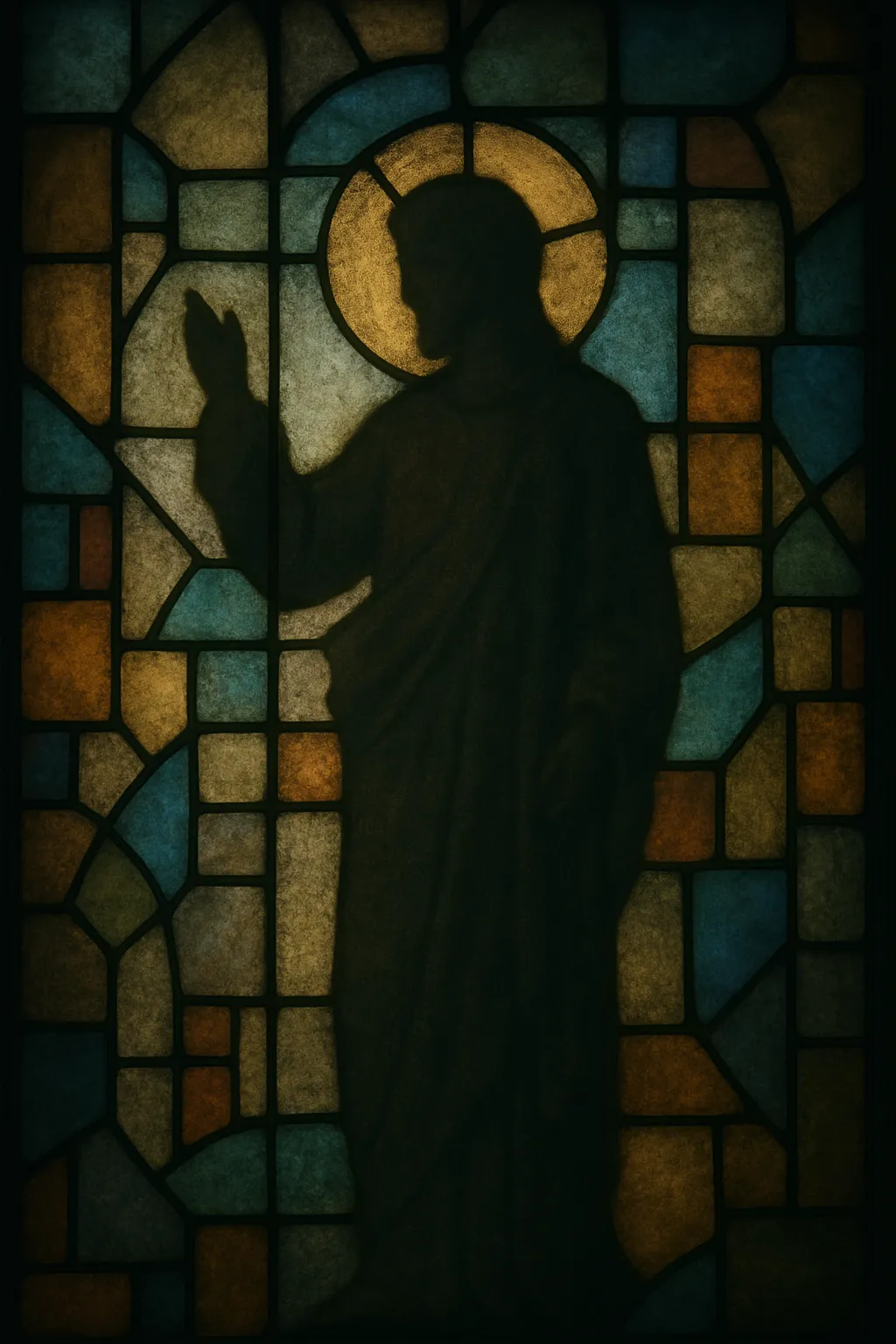When Spirituality Gets Pathologized: Rethinking How Autism Research Frames Religious Belief
 A response to Burnos & Kopacz (2025)
A response to Burnos & Kopacz (2025)
Read the study
What does it mean to be autistic and religious? Or spiritual in a quiet, serious way — drawn to something beyond ourselves, to reverence, to the sacred?
If you ask some autism researchers, the answer has less to do with lived experience and more to do with “theory of mind,” “mirror neurons” and “cognitive rigidity.”
That’s the framework of a recent review article by Burnos and Kopacz (2025), published in Frontiers in Psychiatry. The study surveys literature on religiosity in autistic adults, aiming to understand how neurological differences might shape belief, ritual and spiritual life.
It’s an important question. But the answers — or at least the framing — are where the trouble starts.
When Insight Slides into Erasure
To be fair, the authors challenge a popular assumption — that autistic people are inherently less religious. They highlight research showing that many autistic adults hold meaningful beliefs and find comfort in spiritual practice, especially when supported socially. That matters. Too often, autistic people are assumed to lack emotional depth or symbolic thought. This study pushes back on that.
But even so, the deeper framing still leans hard on deficit explanations.
Religious belief, in this context, isn’t explored as valid self-expression. It’s modeled through what’s missing — “impaired mentalizing,” “poor inferential thinking,” “weak central coherence.” Belief in God becomes a side effect of cognitive architecture. Worship becomes a workaround. Reverence becomes pathology.
At one point, the authors suggest that autistic religiosity may be “reduced to the mere observance of rituals, without much meaning.” The implication is clear: autistic belief is rote, shallow, secondhand.
That’s not interpretation. That’s condescension dressed in citation.
Who Gets to Define Spirituality?
The study — like so many — includes no autistic co-authors. No participatory design. No insight from autistic Christians, rabbis, imams, pastors or everyday believers. No lived experience shaping the questions or interpreting the data.
That absence isn’t just a missed opportunity. It’s a structural problem. Without autistic presence at the table, the same pattern repeats: autistic life gets discussed from a distance and reduced to dysfunction.
I don’t doubt the authors’ intent. But good intentions don’t cancel impact. And the impact here is clear: when autistic faith is filtered through medical frameworks without input from those who live it, it gets flattened into something clinical, inferior or incomplete.
What the Study Gets Right — and Where It Falls Short
Burnos and Kopacz acknowledge that autistic people are often excluded from religious institutions — not because they’re less spiritual, but because those institutions don’t know how to welcome them. That insight matters.
They also avoid claiming that all autistic people lack belief. They name the diversity within the community, even if imperfectly. These are important steps.
But without autistic voices in the process — and without any theological literacy — the framing still defaults to measuring belief through a neurotypical lens.
It’s not enough to say belief varies. We have to ask how it's lived, what it means and whether the tools used to measure it can even recognize it when it shows up differently.
What We Need Instead
We don’t need more studies using standardized scales to assess how “religious” autistic people are. We need research with autistic people — including those whose faith runs deep, quiet or stubborn.
That includes autistic Christians. Autistic Jews. Autistic Muslims. People who pray, who worship, who doubt, who return. People for whom ritual is not rigidity but rhythm. For whom faith is not a glitch in cognitive empathy but a source of dignity and strength.
As a Christ follower, I know faith isn’t something to be measured by a checklist. It’s a way of seeing. A way of staying grounded. And for many autistic people, it’s a lifeline — not because we misunderstand the world, but because we long to live in it more truthfully.
This isn’t about romanticizing faith. It’s about resisting the habit of interpreting autistic conviction as cognitive error.
We don’t all believe the same things. But we all deserve to be seen as full people — capable of belief, of spiritual longing, of reverence that doesn’t need translation.
Final Thought
This isn’t just about one paper. It’s about a pattern.
When autism research frames even faith as a deficit — as something quirky, rigid or lacking “depth” — it tells autistic people that nothing we do is ever fully human.
So here’s a better starting question:
Not “Do autistic people believe in God?”
But: What might faith look like when filtered through an autistic lens — and are researchers willing to listen?